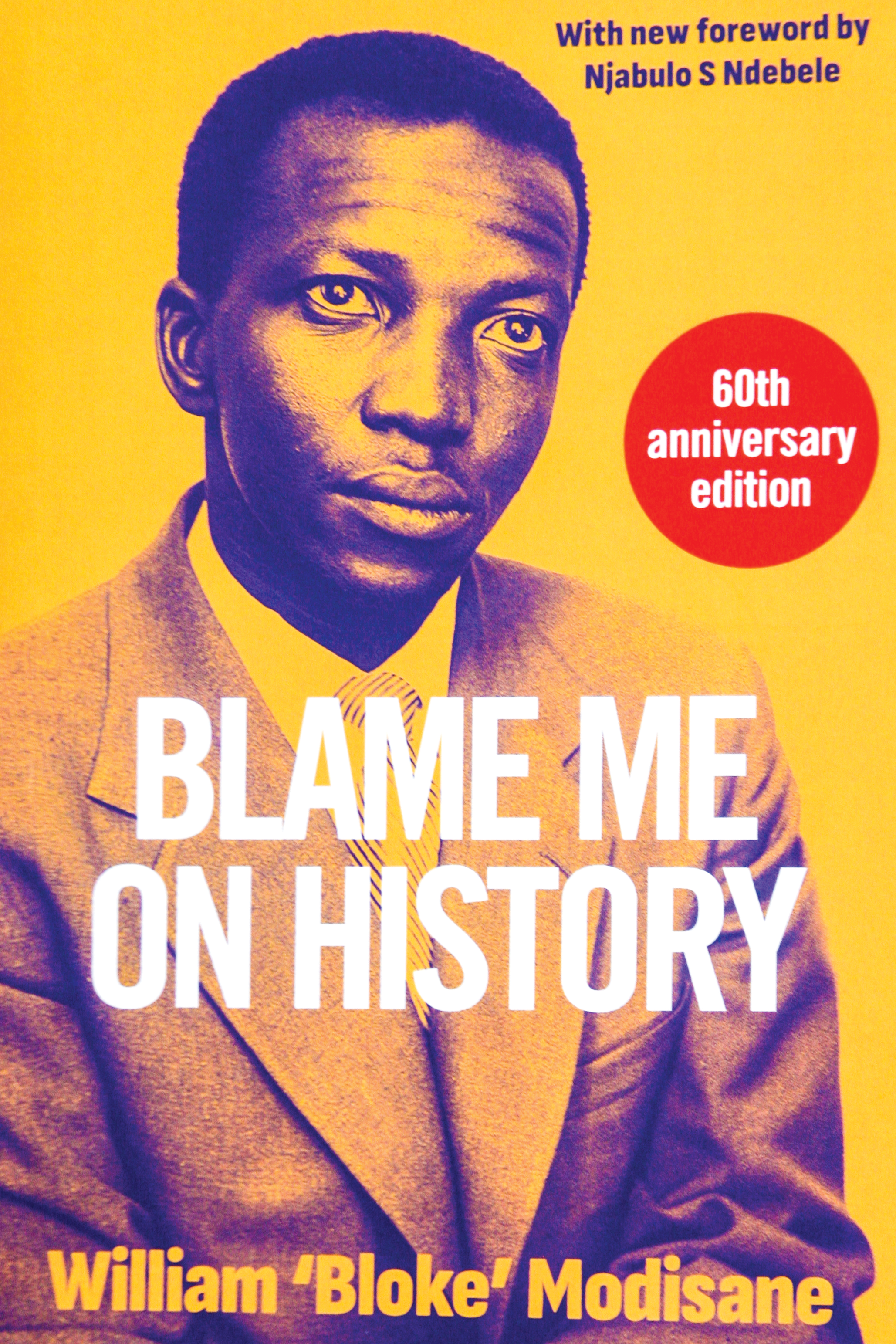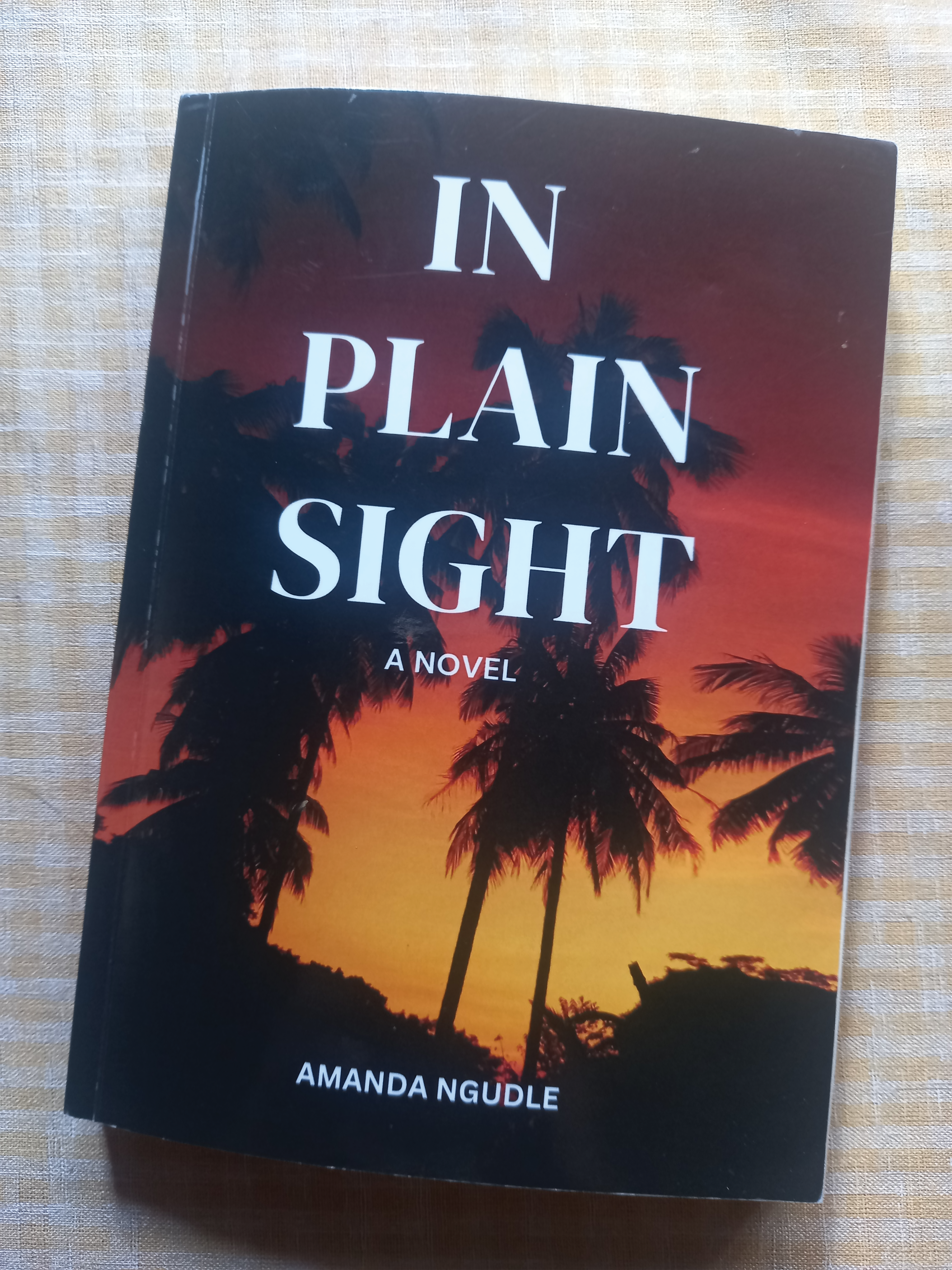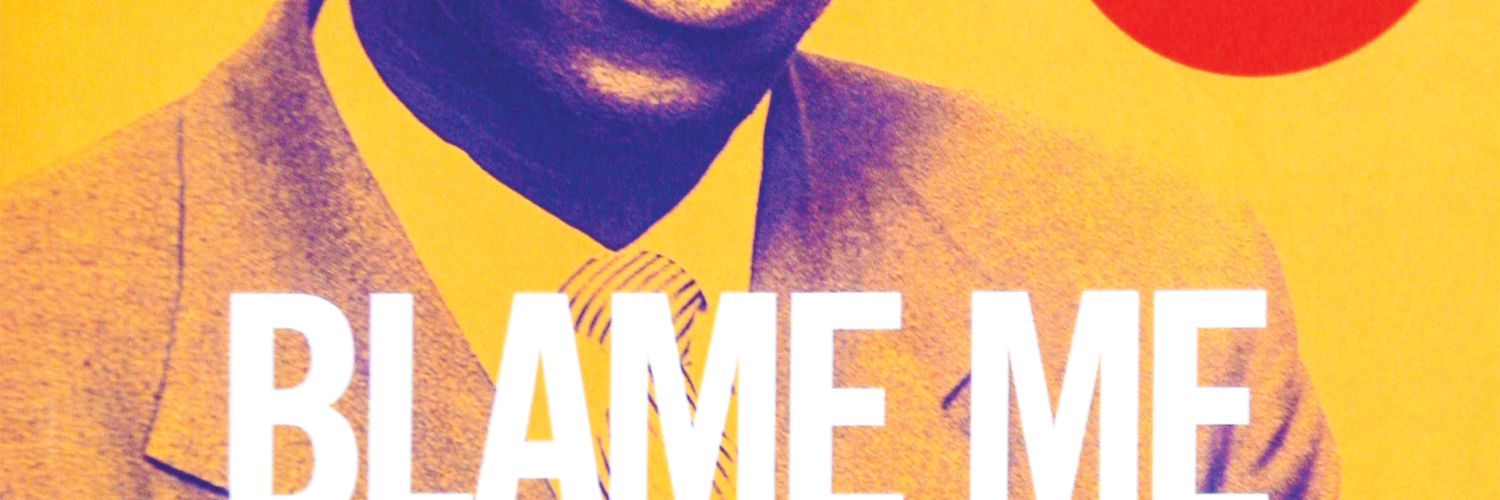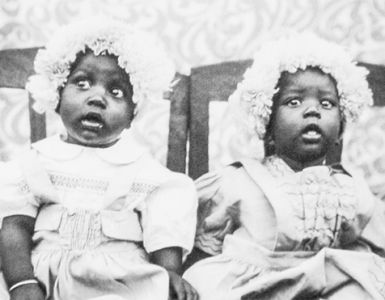CONDITION: Bloke Modisane’s reprinted classic still heaves with vestiges of South Africa’s raw apartheid past, posing a haunting rider to the current circumstances of the poor…
By Jacob Mawela

“I like nonsense sometimes, but I like common sense more. I do not care to protest against apartheid. I am interested solely – as a human necessity – in ending the ‘pigmentocracy’ of South Africa.”
This observation was articulated by Henry Nxumalo, the 1950s Drum magazine reporter who went by the moniker, ‘Mr Drum’ – yet it could as well have been declared by his then colleague, viz, William Modisane, popularly nicknamed, ‘Bloke’.
Whereas Nxumalo was an intrepid investigative journalist at the seminal publication, Modisane was the urbane intellectual closer in outlook to the almost mocking cogitations of yet another colleague, the self-styled Can Dorsay Themba.
Blame Me On History, the 60th anniversary iteration of the book initially published in 1963, will, according to the foreword by writer, Njabulo S Ndebele, “expose our raw pasts which are still present as unacknowledged antecedents.”
Ndebele’s interpretation of Modisane’s apartheid heydays observations enunciate also upon the unfortunate socio-economic condition the majority of South Africans still find themselves trapped in – post-1994!
Official segregation might no longer be permissible, yet the yoke of classism, poverty, homelessness and crime, still persist, reminiscent of the very circumstances which prompted Modisane and other Blacks to escape their place of nativity, in a quest for acceptance as well-intentioned humans.
Bloke’s Sophiatown, the location of his account, was a crime-infested overcrowded slum aeons afore grand apartheid’s bulldozers rumbled through to lay it into a desolate landscape at the tail-end of the 50s.
It was, to a scholar of the era, a dichotomy to the romanticist monochromatic imagery depicting dancehall gaiety, cravat-&-fedora donning gangsters in big and glistening American convertible automobiles, bikini-clad lasses, et cetera, recorded by his colleagues, Jurgen Schadeberg, Peter Magubane and Bob Gosani.
Modisane’s was a homicidal place which accounted for Nxumalo’s life in addition to those of his father’s, and countless others at the hands and knife-wielding and brazen hoodlums!
“You cannot protect all the screaming noises of Sophiatown,” an acquaintance warned him once after he had come to the rescue of a woman he had heard screaming on a street one evening. She had been accosted by a would-be rapist.
Pending another instance, his proclivity of attending to the screams of strangers almost cost him his life when he found himself facing the revolver of Lelinka (this writer came to learn that his name was Laluki), a member of the Americans gang, outside the Odin Cinema – after he had reprimanded the gangster for harassing a young lady. Whilst earning his keep as an usher, he had heard her scream, and, upon investigating, came across her and the feared figure engaged in a ‘compromising’ position amidst the darkness – with the ‘knife-happy rough-house (his own description) taking umbrage to his nosiness.
“Just open your mouth, Bloke – open your mouth and I’ll shoot you,” the gangster postured menacingly. The narrative takes the reader on a nostalgic excursion of the nook and cranny of the freehold neighbourhood, where races – African, Indians, Coloureds, Chinese – resided together cheek by jowl.
But, in the winter of 1958, laying flattened by Group Areas Act-enabled bulldozers, it dawned upon Modisane to effect his own exit from the land of his birth! The rubble he passed laying strewn around when he was sauntering around, stuck out as a morose reminder of what use to be of a cosmopolitan location, now only persisting upon memory.
“Something in me died,” he averred, “with the dying of Sophiatown!” With his marriage to the granddaughter of celebrated author, Sol T Plaatje, all disbanded and a close acquaintance such as Es’kia Mphahlele already having departed into exile – the impetus hauntingly remained with him to take flight away from the inhumane system of racial segregation! Granted, he had previously been presented with an opportunity to put a great distance between himself and the National Party’s bigoted fiefdom, when a White American couple offered him a job in California.
That, after Modisane had expressed a yearning to emigrate from his country of birth with his family to any place which would spare them from the ignominy it was subjected to on a daily basis. It wasn’t to be! An analysis deeper into the paperback partially reads akin to George Orwell’s exploration of pre-World War II sociological circumstances of the working class in parts of England – as expounded upon in, The Road to Wigan Pier.
Offering statistics-backed insight pertaining to the average African family’s placing within the Gini coefficient barometer of the era, Bloke draws his reader to the preposterousness of White South Africans expressing surprise at the prevalence of malnutrition amongst Africans – simultaneously whilst being aware of the deliberate low salary cap government legislation had imposed onto the racial grouping.
Describing the privileged grouping’s mockery of the oppressed majority’s eating habits (read the staple diet of mealie meal porridge) as ‘a dirty joke’ – he equated its antipathy to the naïve utterance of Marie Antoinette’s ‘let them eat cake!’
In the final chapter the suave raconteur recalls the moment he departed from Verwoerdian South Africa. Whilst awaiting a train to latter-day Botswana at Park Station in Johannesburg, himself and fellow scribe, Lewis Nkosi, had hopped along to a kiosk to purchase cigarettes whereupon they were met by the recalcitrance of a duo of Afrikaner women.
What next transpired was literally a bitter parting shot betwixt a deemed as a ‘nonentity’ and a hardened ‘European’, indicative of the prevalent colour-determined attitudes of the time: “If you don’t mind, I want cigarettes,” requested Bloke with requisite humility.
“Can’t you wait?” bellowed the riposte from one of the women. “No, I can’t wait,” retorted the author. “Then get out – get out, cheeky Native!” barked the missus.
From the then Bechuanaland, Modisane proceeded on to Europe in 1959 where he dabbled in acting. He settled in Dortmund, West Germany, in the early 1960s, where he died at the age of 63, in 1986.
- Published by Jonathan Ball Publishers, Blame Me On History, the revised edition is available at leading bookstores countrywide and retails for R280
CRIME THRILLER’S SPELL-BINDING ACCOUNT OF BAD COPS AND DRUG DEALERS
PLOT: That utterly scary moment, when visiting a country ends with unexpected spell in jail – charged with being in possession of drugs…
By Thuli Zungu

There was nothing that morning to suggest that Cynthia Brukwes’s day would unravel in the manner that it did. Meticulous people like her were not supposed to land up in dark cells with strangers who had child-like curiosity. Be careful of what you wish for.
Cynthia has been arrested with illegal consignment of a certain size in a foreign country. How did it happen that she now was faced with two sets of eyeballs so intrusive she could hardly think? Had she ignored the well-worn protocol of business not to cut corners?
Up to that time, she had been sure that she had. She had taken the malaria vaccination on the morning of the big day she made herself elegant by means of pastel colours, pearls and a ballerina bun, she had met the Bagman and went through the usual fake couples’ routine at the airport before taking the flight to Dar-es Salaam, where she later took a smaller aircraft to Mafia Airport. It was supposed to be an in-and-out job, but she would have to spend the whole night, which she found vexing.
For the first time in 20 years, Cynthia is arrested and charged with possession of drugs in Tanzania; that is how her day ended. What followed was a blur. She did not even hear the police reading her rights.
The man baying for her blood at the discovery of this loot is an overzealous station commander Arthur Jackson. Left to her devices, Cynthia buys herself time framing the police. It’s during the international investigation period that follows that she gets bail and does the unthinkable.
Journalist and author Amanda Ngudle’s crime thriller novel tells the reader that it is while Cynthia is back in Tanzania that she plays Russian Roulette. Jackson, worried about a dangerous development and ignorant of her surreptitious activities, decides to offer his house as a witness protection hideout. While under the guard of her biggest enemy, a lot happens that lead to both parties dismantling the walls around them, working as a team.
In Plain Sight Novel is Ngudle’s debut, self-published novel after a successful career as a ghost writer and a journalist for over 20 years. Ngudle started her literary journey, driven by her teacher mother’s passion to craft tales that invigorated and cast wonder in her audience. She was born in a small coastal town of Port St Johns, Eastern Cape.
Ngudle is a talented writer and committed researcher renowned for her rigorous attention to detail when it comes to criminal investigation immerse and history topics.
When not writing, she travels with her daughter to experience other cultures and draw inspiration from unfamiliar surroundings. She feels that this is the basis for gripping stories.
- The copy is sold at R200 and can be ordered via her Facebook account






























